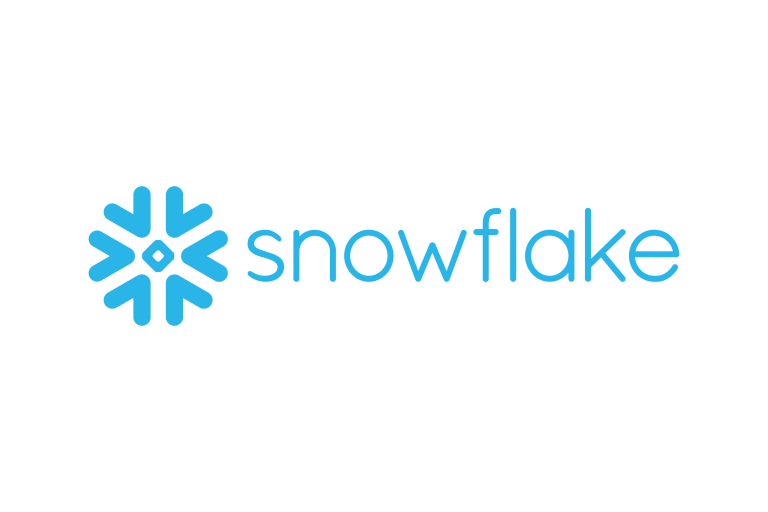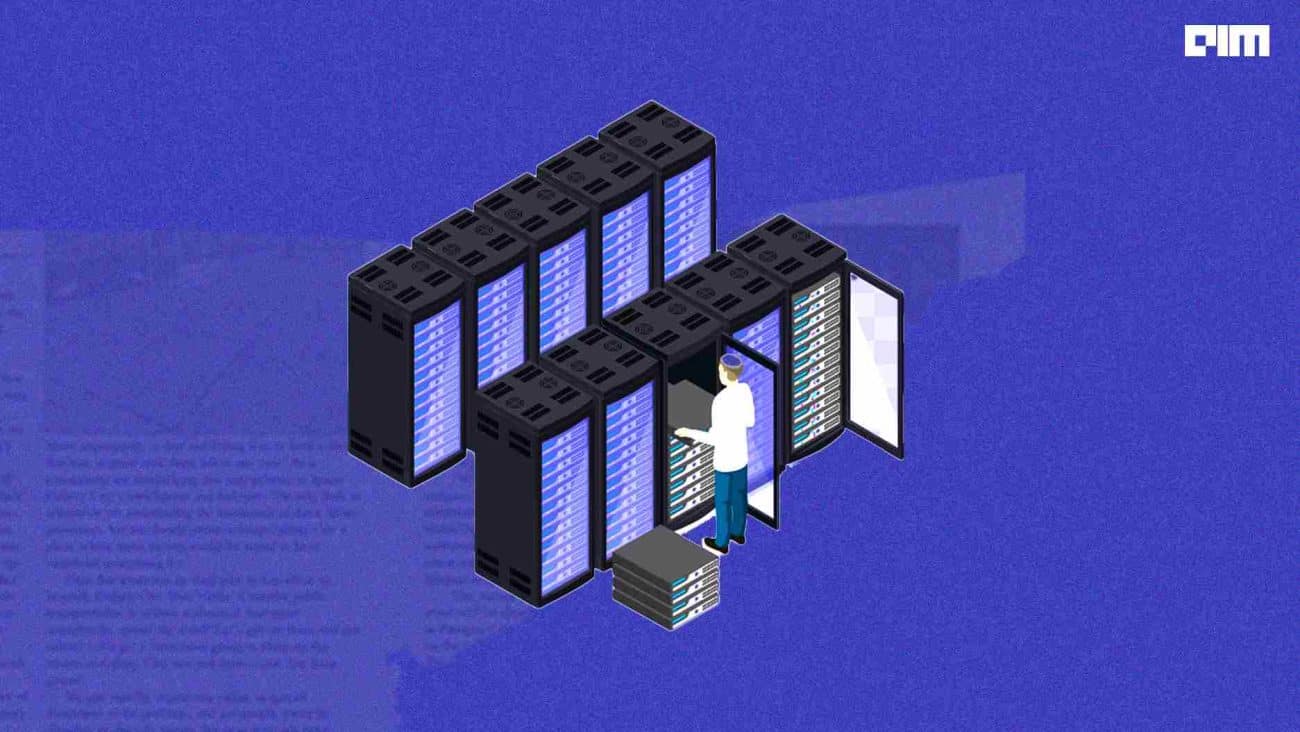|
Listen to this story
|
Snowflake’s growth trajectory has been nothing short of remarkable. Since 2012, the company has witnessed exponential market adoption and has attracted a diverse range of clients, from startups to Fortune 500 giants. Some of its notable customers include Adobe, Airbnb, BlackRock, Dropbox, Pepsico, ConAgra Foods, Novartis and Yamaha. In India, Snowflake caters to the needs of companies such as Porter, Swiggy and Urban Company. The rapid expansion is a testament to Snowflake’s ability to address the ever-increasing demands of the data-driven world we live in.
But today, we are stepping into the age of generative AI and Snowflake too is gearing up to bring the best of the technology to its long list of customers. Torsten Grabs, senior director of product management at Snowflake told AIM that with the advent of generative AI, we will increasingly see less technical users successfully interact with computers with technology and that’s probably the broadest and biggest impact that he would expect from generative AI and Large Language Models (LLMs) across the board. Moreover, talking about the impact of generative AI on Snowflake, he said that it has impacted Snowflake on two distinct levels.
Firstly, like almost every other company, generative AI is leading to productivity improvements at Snowflake. Grabs anticipates developers working on Snowflake to benefit the most from generative AI. This concept is akin to Microsoft’s co-pilot and AWS’s CodeWhisperer, where a coding assistant aids in productivity by comprehending natural language and engaging in interactive conversations to facilitate faster and more precise code creation.
Moreover, Snowflake is harnessing generative AI to enhance conversational search capabilities. For instance, when accessing the Snowflake marketplace, it employs conversational methods to identify suitable datasets that address your business needs effectively. “There’s another layer that I think is actually very critical for everybody in the data space, which is around applying LLMs to the data that’s being stored or managed in a system like Snowflake,” Grabs said. The big opportunity for Snowflake lies in leveraging generative AI to offer enhanced insights into the data managed and stored within these systems.
Conversing with your data
On May 24, 2023, Snowflake acquired Neeva AI with the aim of accelerating search capabilities within Snowflake’s Data Cloud platform by leveraging Neeva’s expertise in generative AI-based search technology. “We recognised the necessity of integrating robust search functionality directly into Snowflake, making it an inherent and valuable capability. Partnering with Neeva AI further enriched our approach, combining their expertise in advanced search with generative AI, benefiting us in multiple dimensions,” Grabs said.
Grabs believes the Neeva AI acquisition is going to bring a host of benefits to Snowflake’s customers. Most importantly, it will give them the ability to talk to their data essentially in a conversational way. “It’s analogous to the demonstration we presented, where a conversation with the marketplace utilizes metadata processed by the large language model to discover relevant datasets,” Grabs said.
Now consider scaling this process and going beyond metadata, involving proprietary sensitive data. By employing generative AI, Snowflake’s customers can engage in natural language conversations to gain precise insights about their enterprise’s data.
Building LLMs for customers
Building on generative AI capabilities, Snowflake, at its annual user conference called ‘Snowflake Summit 2023’ also announced a new LLM built from Applica’s generative AI technology to help customers understand documents and put their unstructured data to work. “We have specifically built this model for document understanding use cases and we started with TILT base model that we leveraged and then built on top of it,” Grabs said.
When compared to the GPT models from OpenAI or other models developed by labs such as Antrhopic, Snowflake’s LLMs offers few distinct advantages. For example, the GPT models are trained on the entirety of publicly available internet data, resulting in broad capabilities but high resource demands. Their resource-intensive nature also makes them costly to operate. Much of these resources are allocated to aspects irrelevant to your specific use case. Grabs believes utilising a more tailored, specialised model designed for your specific use case allows for a narrower model with a reduced resource footprint, leading to increased cost-effectiveness.
“This approach is also poised to yield significantly superior outcomes due to its tailor-made design for the intended use case. Furthermore, the model can be refined and optimised using your proprietary data. This principle isn’t confined solely to the document AI scenarios; rather, it’s a pattern that will likely extend more widely across various use cases.”
In many instances, these specialised models are expected to surpass broad foundational models in both accuracy and result quality. Additionally, they are likely to prove more resource-efficient and cost-effective to operate. “Our document AI significantly aids financial institutions in automating approval processes, particularly for mortgages. Documents are loaded into the system, the model identifies document types (e.g., salary statements), extracts structured data, and suggests approvals. An associate reviews and finalises decisions, streamlining the process and enhancing efficiency.”
Addressing customer’s concerns
While generative AI has garnered significant interest, enterprises, including Snowflake’s clients, which encompasses 590 Forbes Global 2000 companies, remain concerned about the potential risks tied to its utilisation. “I think some of the top concerns for pretty much all of the customers that I’m talking to is around security, privacy, data governance and compliance,” Grab said.
This presents a significant challenge, especially concerning advanced commercial LLMs. These models are often hosted in proprietary cloud services that require interaction. For enterprise clients with sensitive data containing personally identifiable information (PII), the prospect of sending such data to an external system outside their control and unfamiliar with their cybersecurity processes raises concerns. This limitation hinders the variety of data that can interact with such systems and services.
“Our long-standing stance has been to avoid dispersing data across various locations within the data stack or across the cloud. Instead, we advocate for bringing computation to the data’s location, which is now feasible with the abundant availability of compute resources,” Grabs said. Unlike a decade or two ago when compute was scarce, the approach now is to keep data secure and well-governed in its place and then bring computation to wherever the data resides.
He believes this argument extends to generative AI and LLMs as well. “We would like to offer the state-of-the-art LLMs and side by side the compelling open-source options that operate within the secure confines of the customer’s Snowflake account. This approach ensures that the customer’s proprietary or sensitive data remains within the security boundary of their Snowflake account, offering them peace of mind.”
Moreover, on the flip side, another crucial aspect to consider is the protection of proprietary intellectual property (IP) within commercial LLMs. The model’s code, weights, and parameters often involve sensitive proprietary information. “With our security model integrated into native apps on the marketplace, we can ensure that commercial LLM vendors’ valuable IP remains undisclosed to customers utilising these models within their Snowflake account. Our role in facilitating the compute for both parties empowers us to maintain robust security and privacy boundaries among all participants involved in the process,” Grabs concluded.



















































































